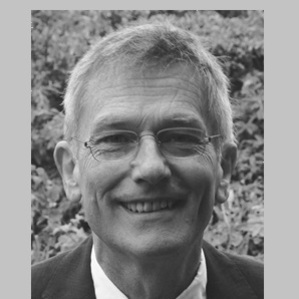COUNSELLING SKILLS FOR FAMILY LAWYERS
COURSE SUMMARY
The aim of this two day training is not to make lawyers into counsellors, but rather to enrich their work with some instantly transferable skills that will help stabilise and healthily sustain it. Lawyers will learn how some fairly simple restructuring of how they present and deliver their offer to clients can create the potential for outcomes that will continue to yield developmental benefits for clients long after the work itself is over.
COURSE INFORMATION
Although one is founded in health and the other in justice, the professions of counselling and family law have one major factor in common - a client base in a state of emotional turmoil and transition. From their different historical and cultural perspectives, it’s striking to see how differently these two professions regard their clients’ suffering and what best to do with it. Lawyers give advice; counsellors don’t. Lawyers are working towards tangible goals within a strategic framework; the aims in counselling are often less clear. Lawyers can appear more practically hands-on than counsellors. Yet it is lawyers who live in fear of being sacked or complained about, who risk having their fees challenged, their advice ignored, of being flooded 24/7 by reactive emails, of being demanded of or dismissed as if servile. It is lawyers, not counsellors, who suffer a greater risk of burnout.
Having worked in one profession on behalf of the other, Chris Mills has designed this two-day Counselling Skills For Family Lawyers training as a way of shining a light on a key aspect of the family lawyer’s job that is not taught in law school - that is, how relationships work, and how trauma is transformed not primarily through the agency of information or advice, but through the quality of ‘relationship’ itself.
The aim of the training is not to make lawyers into counsellors, but rather to enrich their work with some instantly transferable skills that will help stabilise and healthily sustain it. Lawyers will learn how some fairly simple restructuring of how they present and deliver their offer to clients can...
create a safer framework for expectations,
a clearer understanding of how authority is exercised,
a less fearful approach to conflict,
less addiction to drama,
far less stress for everyone,
.... and the potential for outcomes that will continue to yield developmental benefits for clients long after the work itself is over.
Speaker - Chris Mills
Chris Mills is a psychotherapist, family consultant and supervisor. He believes that knowledge of what contributes to healthy and conscious relating provides the bedrock for excellence and success in the work of family law. Chris has been in continuous private practice as a psychotherapist since 1993, working with individuals and couples. Since 2006 he has also worked in interdisciplinary settings alongside family lawyers, attempting to improve the experience of divorce and supporting the healthy reshaping of post-divorce families. As a clinical supervisor, he is the first in the UK to offer psychologically-based supervision to family lawyers. He is the author of The Complete Guide to Divorced Parenting (Camedia Books, 2014) and a regular contributor to the Annalisa Barbieri column in the Guardian Family section.
|
Course Reference |
CSL 101 |
|---|---|
|
Course Venue |
London Venue |
|
Course Dates |
To be confirmed |
Standard Delegate Rates
Public course rate: £850.00 + VAT
Discounts are also available for bookings of 3 delegates or more.
This is a two day course , run on consecutive days.
For further details and prices please contact us on 0330 1330 852 or email help@flipfaculty.org

